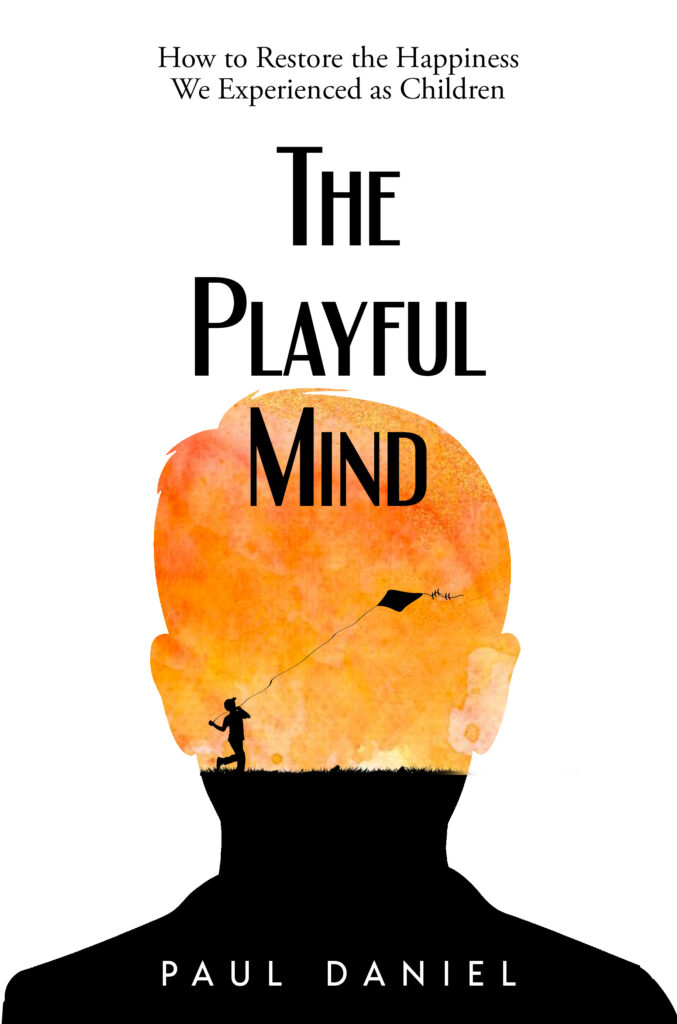I would like to share a new book with you called The Playful Mind: How to Restore the Happiness We Experienced as Children by Paul Daniel? which I received a PDF Copy of from the Author and Voracious Readers in exchange for this review. Inside this post is my affiliate links. If you click on the links and make a purchase I will make a small percentage from the items you purchase.

The Playful Mind: How to Restore the Happiness We Experienced as Children is a informative book about understanding how the mind works and how we can choose to be more present in the present moment reminding me of mindfulness but not exactly like it. while showing us how to be more happy and assertive as a result. The Playful Mind: How to Restore the Happiness We Experienced as Children had a lot of information on self-growth and self-development I found most of it easily understandable and applicable in daily life but at times the book was dry.
The Playful Mind: How to Restore the Happiness We Experienced as Children is a self-development book but not what I thought it would be having the word play in the title and I was disappointed in the book. Paul Daniel shows us the sources of interference and the tools how to remove them so that it will become much easier for us to generate this playful mentality, even as an adult. I could not handle this type of writing. Lacking in real life examples and often repeating phrases and words caused the book to really just become dry and monotonous.
About the book:
As children, we were often so happy because it was easy for us to enter the playful mind. The “playful mind” is the mentality of being receptive to engagement with the present moment. As we got older, this playful mind became interfered with, making it more difficult for us to enter this mental state. If we are not mentally receptive to the present moment, it becomes harder for us to engage with it and produce feelings of happiness.
In this book, Paul Daniel identifies what is interfering with the playful mind and how to remove them. Primarily, there are mental frameworks we’ve adopted growing up that inhibit our satisfaction and cause us suffering. Such mental frameworks today preoccupy our thoughts and keep us from engaging with what is happening right in front of us. By dismantling these mental frameworks and removing other sources of interference, we can more easily enter the playful mind again – even as adults. With easier access to the playful mind, you will be able to experience more happiness in each moment.
Thank you,
Glenda, Charlie and David Cates